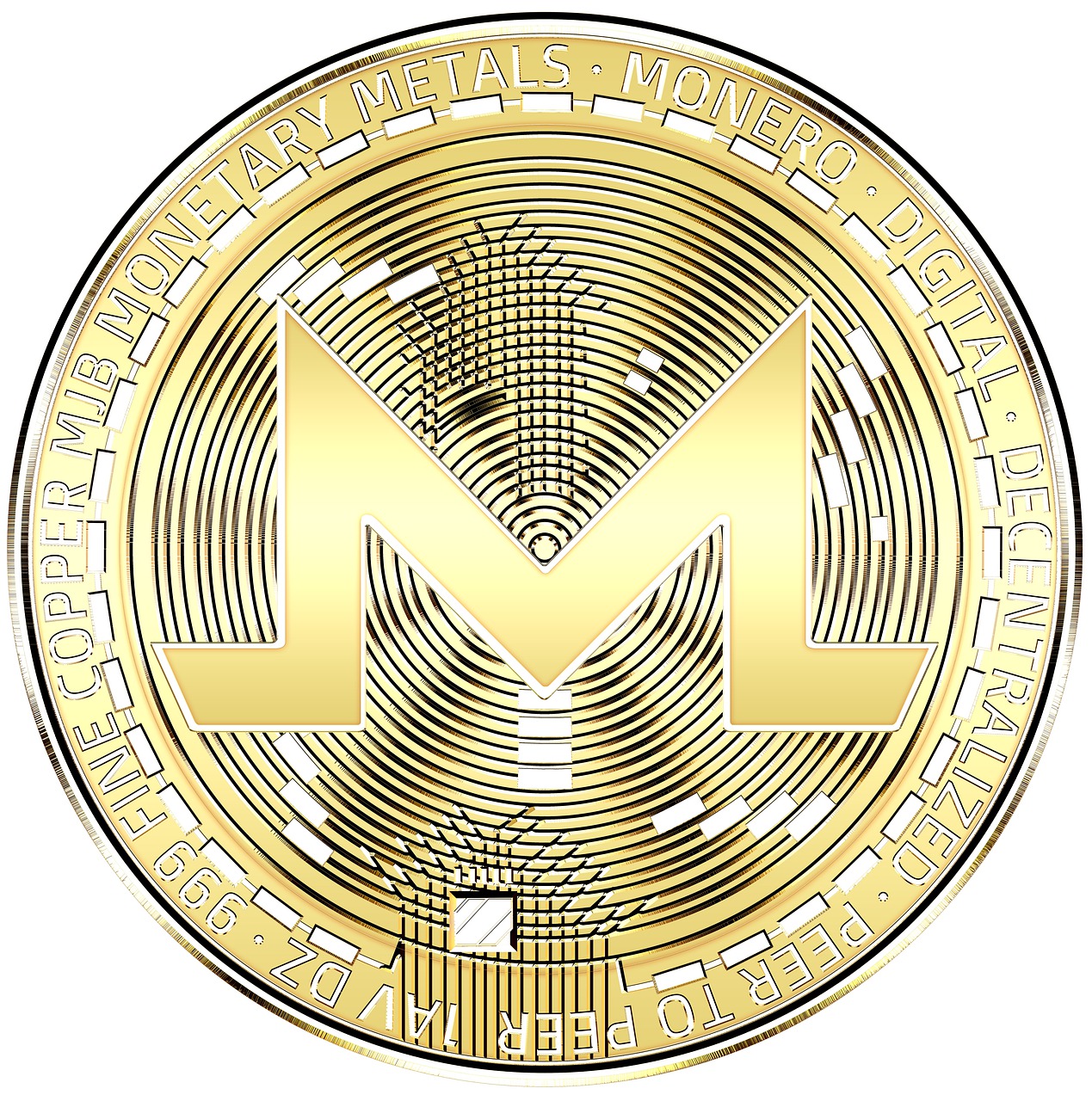Unfortunately, GetMonero site has been hacked. The popular cryptocurrency Monero faced a security breach in November 2019, raising concerns for users who downloaded the Command Line Interface (CLI) wallet software during a specific timeframe.
An unidentified hacker infiltrated the GetMonero website (GetMonero.com) and injected malicious code into the downloadable Linux and Windows binaries.
This malware, if executed, posed a significant threat to user wallets, potentially allowing the attacker to steal funds.
Table of Contents
Unveiling the Hack: A Download Discrepancy
The incident unfolded when a vigilant user noticed a discrepancy between the hash (a unique digital fingerprint) of the downloaded binary file and the one displayed on the GetMonero website.
This triggered an investigation by the Monero development team, which confirmed the website’s compromise.
The Hacker’s Scheme: Stealing from User Wallets
The investigation revealed the hacker’s plan. The tampered binaries, disguised as legitimate software, contained malicious code designed to steal users’ wallet credentials during account creation.
Once activated, the malware would automatically attempt to transfer funds from the user’s wallet to a server under the hacker’s control.
Impact and Response: Protecting User Assets
The exact number of affected users remains unclear. However, a Reddit user reported losing $7,000 worth of Monero after installing the compromised Linux binary. This incident highlights the importance of user vigilance.
The GetMonero team responded swiftly. They secured a new, uncompromised server to host the legitimate binaries.
Additionally, they urged users to verify the hash of their downloaded binaries against the official one displayed on the website. Any discrepancies indicated a compromised file, which should not be run under any circumstances.
Lessons Learned: Securing Your Cryptocurrency Holdings
The GetMonero hack serves as a cautionary tale for all cryptocurrency users. Here are some key takeaways to safeguard your digital assets:
- Download from Official Sources: Only download software from the official website of the cryptocurrency project you trust.
- Verify Hashes: Always verify the hash of downloaded files before installation. Legitimate sources provide official hashes for comparison.
- Beware of Lookalikes: Phishing websites can mimic official platforms. Double-check the URL before downloading.
- Keep Software Updated: Maintain the latest software versions to benefit from security patches.
- Consider Hardware Wallets: For significant cryptocurrency holdings, consider storing them offline in a hardware wallet for enhanced security.
By following these practices, you can significantly reduce the risk of falling victim to similar attacks and ensure the safety of your cryptocurrency investments.
Monero Security FAQs
Can someone hack my blockchain wallet?
Yes, blockchain wallets can be hacked, though the difficulty varies depending on the wallet and the security measures in place. In the case of the GetMonero hack, the attacker infiltrated a central server that distributed the wallet software, not the blockchain itself. However, other hacking methods can target individual wallets, especially if users employ weak passwords or fall for phishing scams.
Is Monero hackable?
The Monero blockchain itself is considered secure. However, as the GetMonero hack demonstrates, vulnerabilities can exist in software tools used to interact with the blockchain. It’s crucial to download Monero software only from the official website and verify the file hashes before installation.
Does Monero hide IP address?
Yes, Monero transactions are designed to obfuscate the sender’s and receiver’s IP addresses. This enhances user privacy on the Monero network.
How is Monero tracked?
While Monero transactions conceal sender and receiver IP addresses, some tracing techniques might be possible under certain circumstances. Law enforcement agencies with advanced resources may be able to analyze transaction patterns and network behavior to try and identify participants. Additionally, if a user interacts with a non-private platform while using Monero, their activity might be traceable on that platform.
Note: This was initially published in November 2019, but has been updated for freshness and accuracy.
RELATED POSTS
- PureVPN Vs. CyberGhost VPN – Which Is Better?
- Full Review of VyprVPN VPN Service Provider
- How to Set Up a New Computer
- How to Get Your Money Back From a Scammer on Western Union
- WordPress Hardening: 7 Ways to Harden your Website Security
- 25 Best Hacking Movies for Cybersecurity Enthusiasts
About the Author:
Abraham Faisal is a professional content writer. He has a strong passion for online privacy, cybersecurity and blockchain and is an advocate for online privacy. He has been writing about these topics since 2018 and is a regular contributor to a number of publications. He has a degree in Computer Science and has in-depth knowledge of the ever-evolving world of digital security. In his free time, he likes to travel and explore new cultures.





